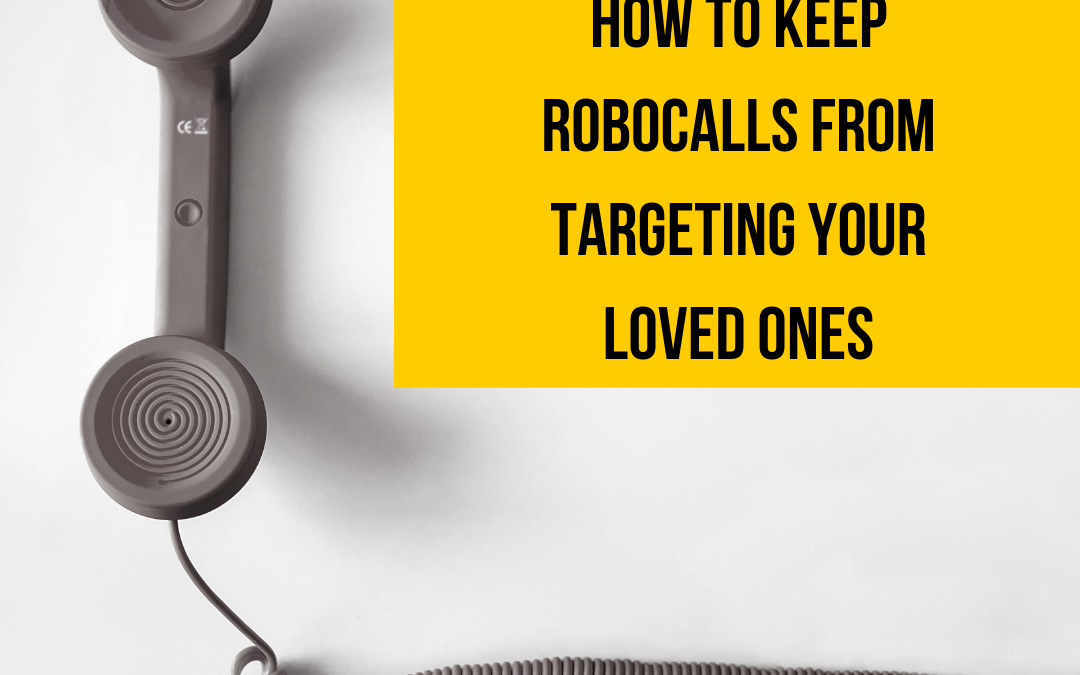Lost and Found: Finding What Your Loved One Left Behind
Finding forgotten assets is one of the most daunting tasks for anyone managing

We all have received those annoying robocalls-where you answer and it’s an automated message of someone selling you something or possibly even trying to scam you into giving personal information. And, lately I’ve noticed that I receive these call more frequently and they are seeming to come from the same area code as my number or from the area code of the city/state I’m currently in.
I was listening to an episode of Reply All and they investigated why we are receiving an uptick of robocalls and how the phone numbers these calls are being made from look similar to ours.
What they learned is that (and this should be no shock given my past blog posts about our lack of data privacy here and here) but our location data is often being sold to companies who can target robocalls to us based on our location. In addition, robocall companies have found loopholes around current regulations that would otherwise prevent these calls.
These robocalls can be harmless, but there are also other robocallers who are looking to scam vulnerable populations into sharing sensitive information.
Good news is that the FCC is working on the regulations with cell phone carriers themselves to block these calls, but in the mean time, here are some ways to prevent and deflect these calls:
The FCC also has a great list of what not to do when receiving a robocall that would be great to share with your loved ones or aging parents (see below):
Finding forgotten assets is one of the most daunting tasks for anyone managing
As I was preparing to leave for a BIG trip with my husband
We can’t say enough how important it is to work with an estate
We care for families going through the major life transitions brought on by an aging loved one or losing a loved one. Our goal is to relieve the burdensome tasks from your plate so you can focus on what’s most important to you and your family.
Sunny Care Services is a planning and concierge service for families who have lost a loved one or are preparing for a loss.